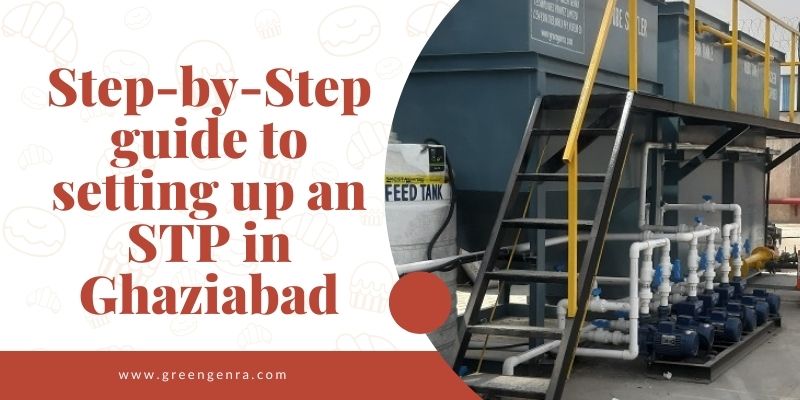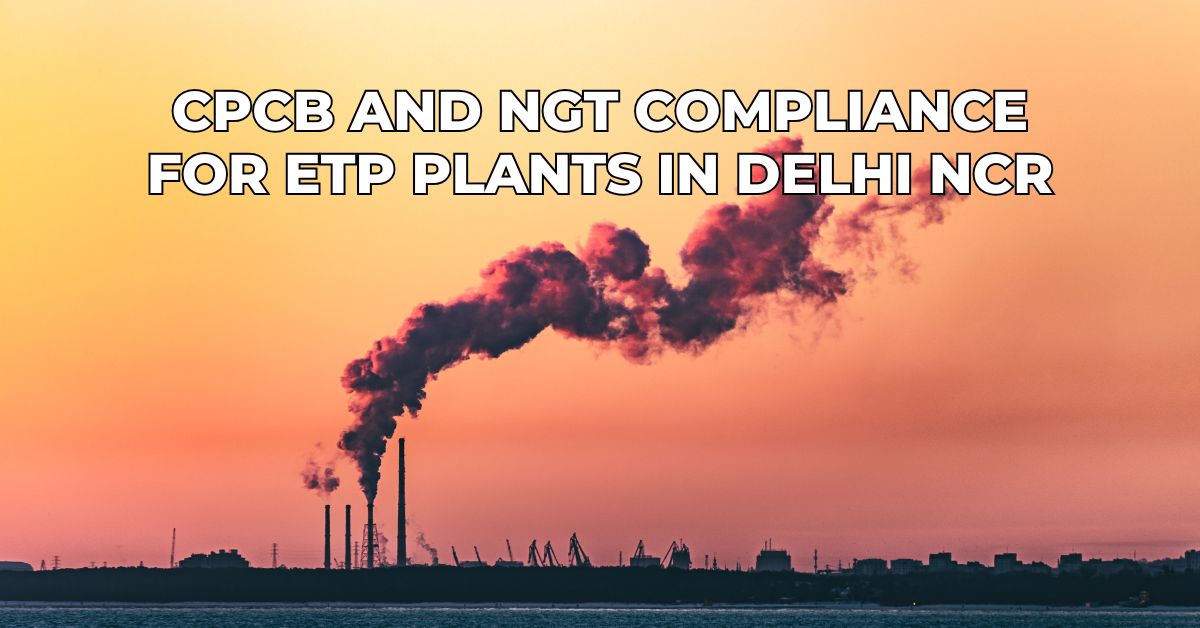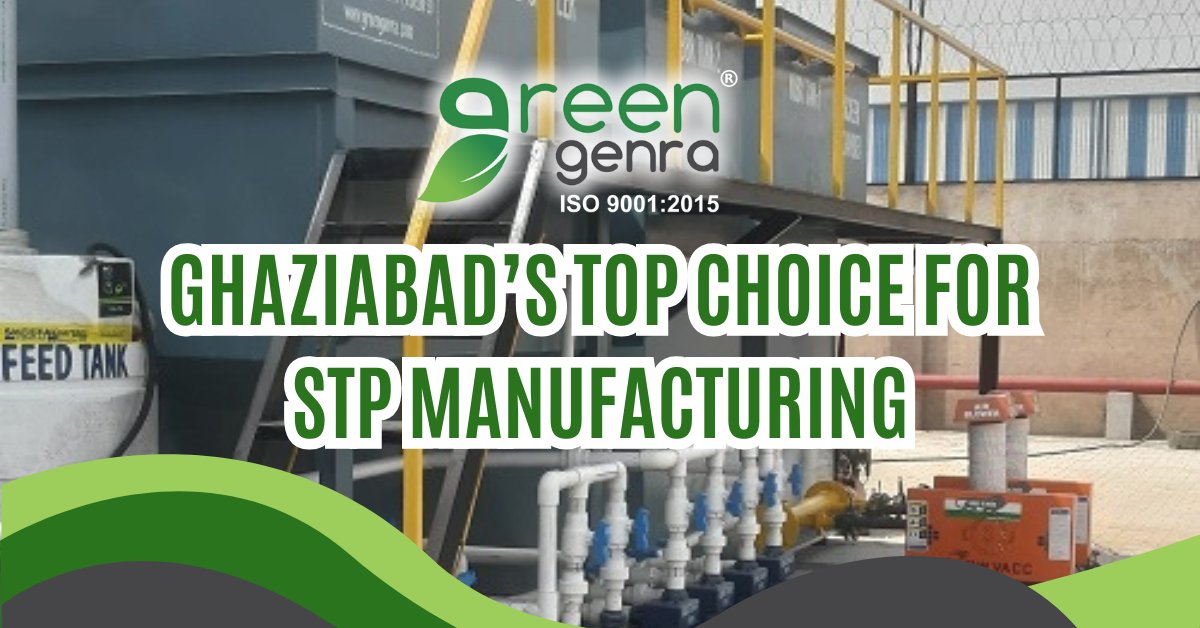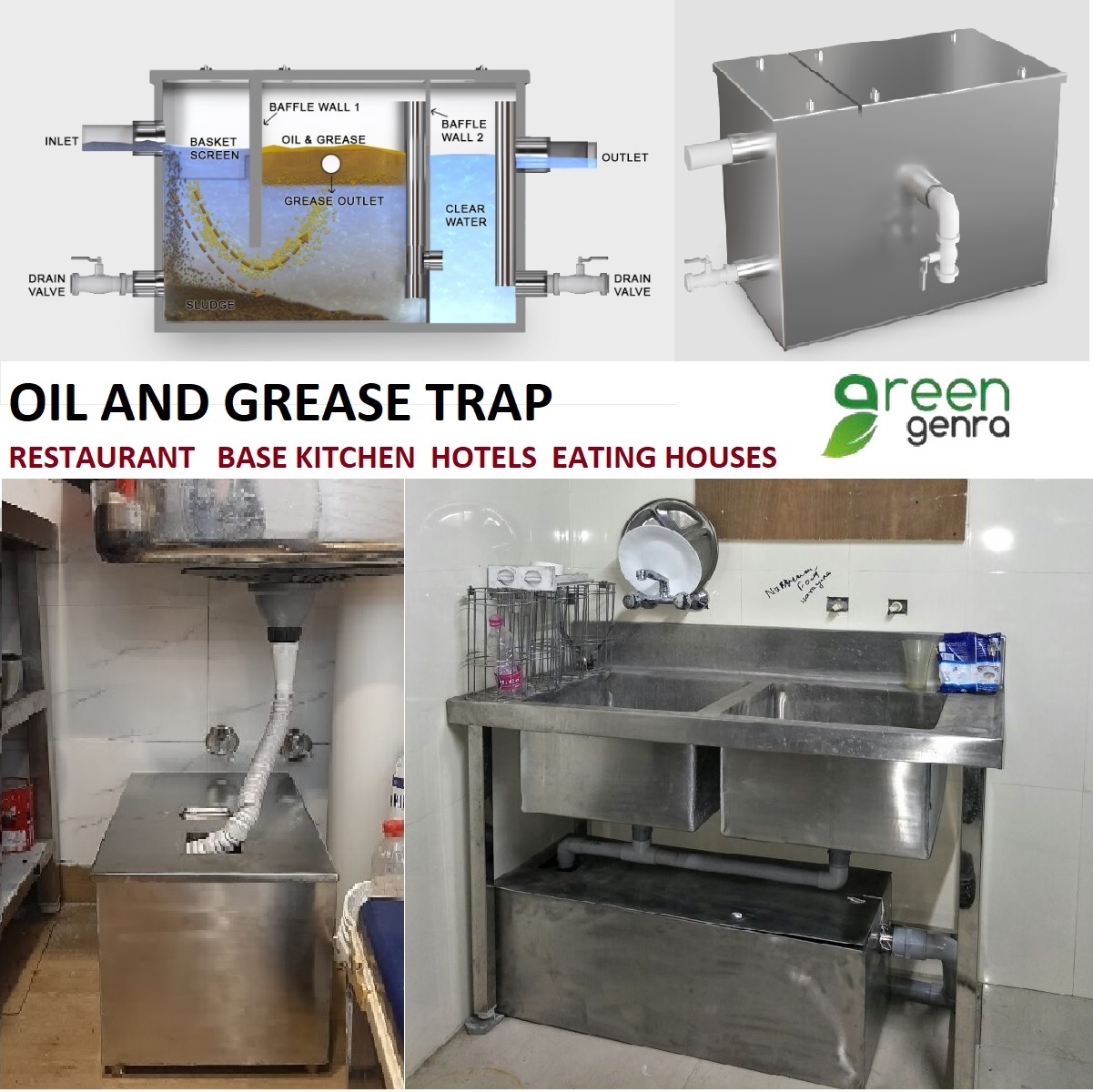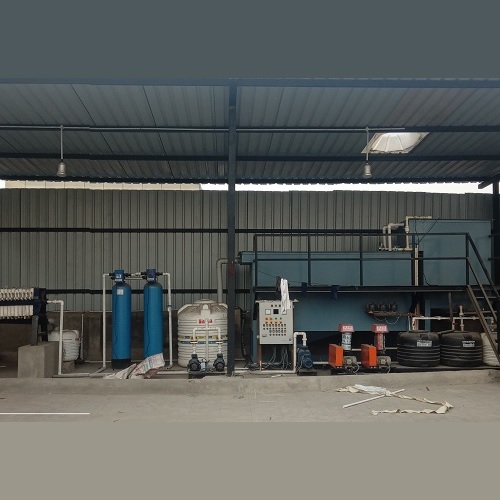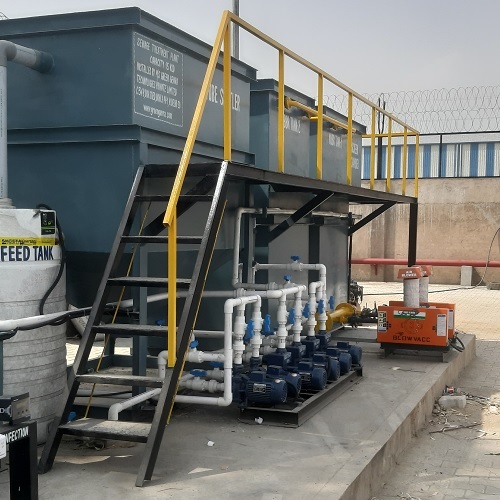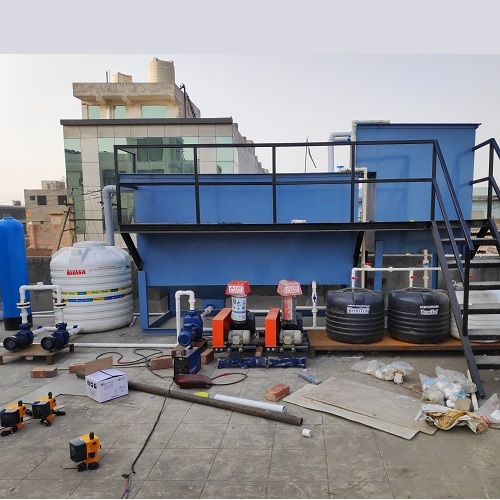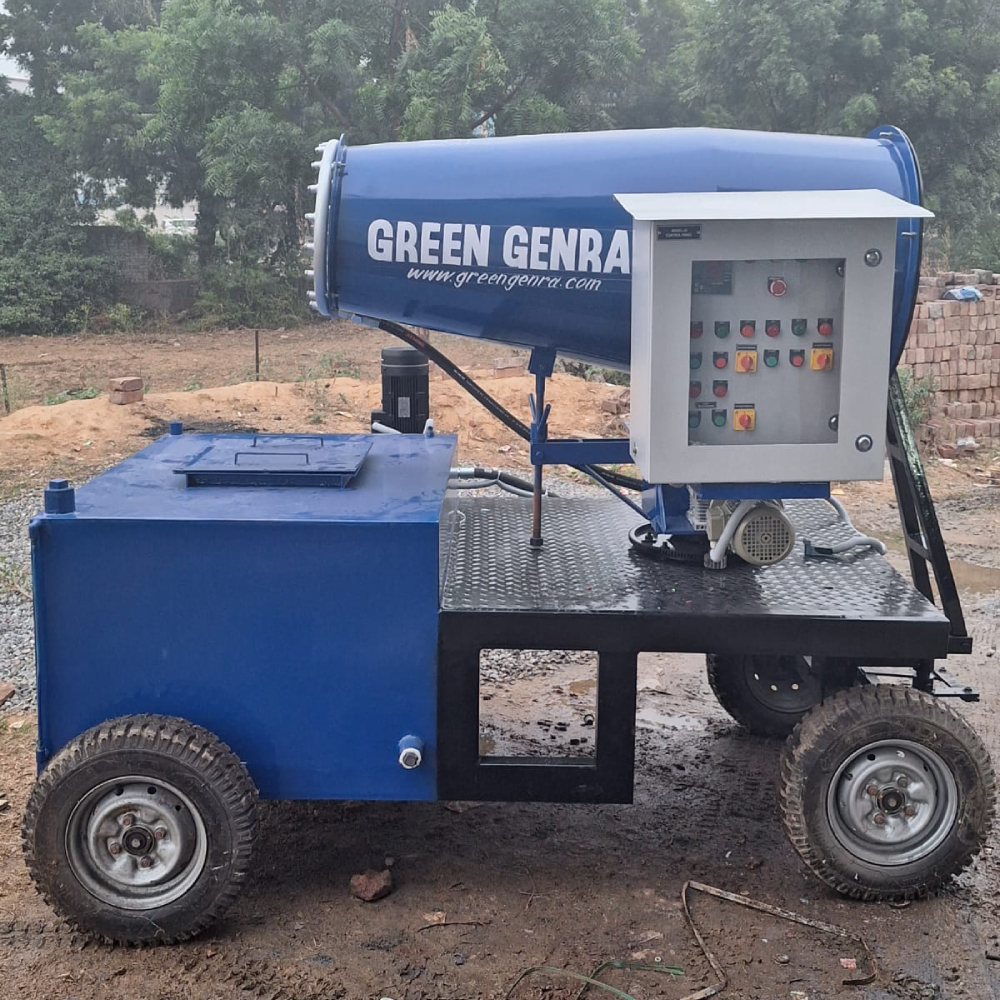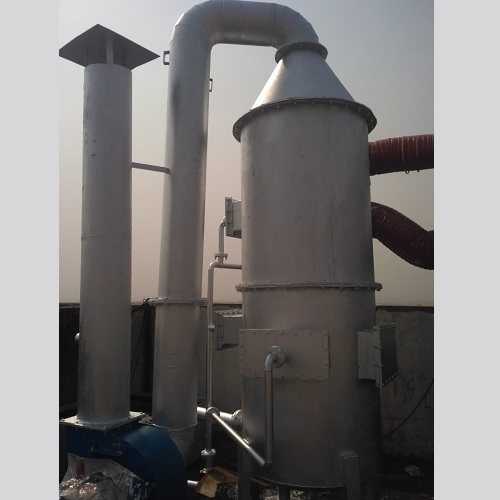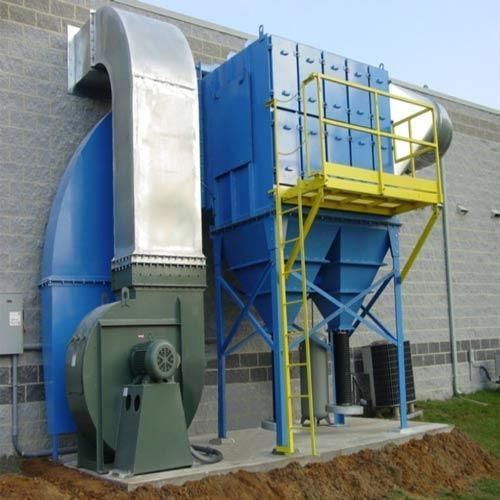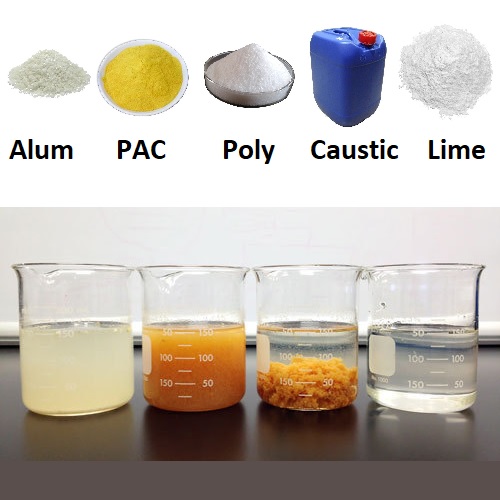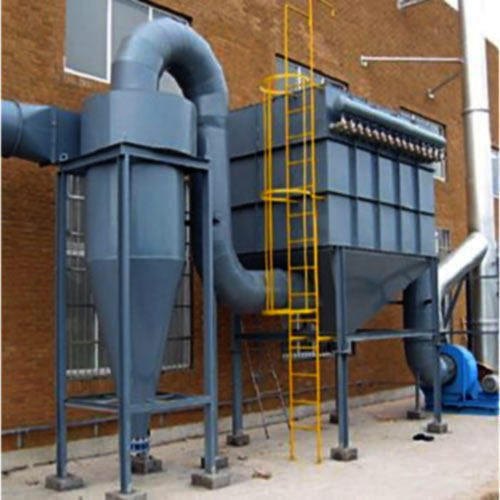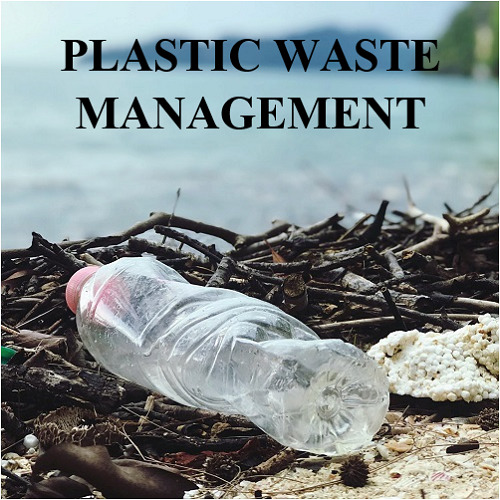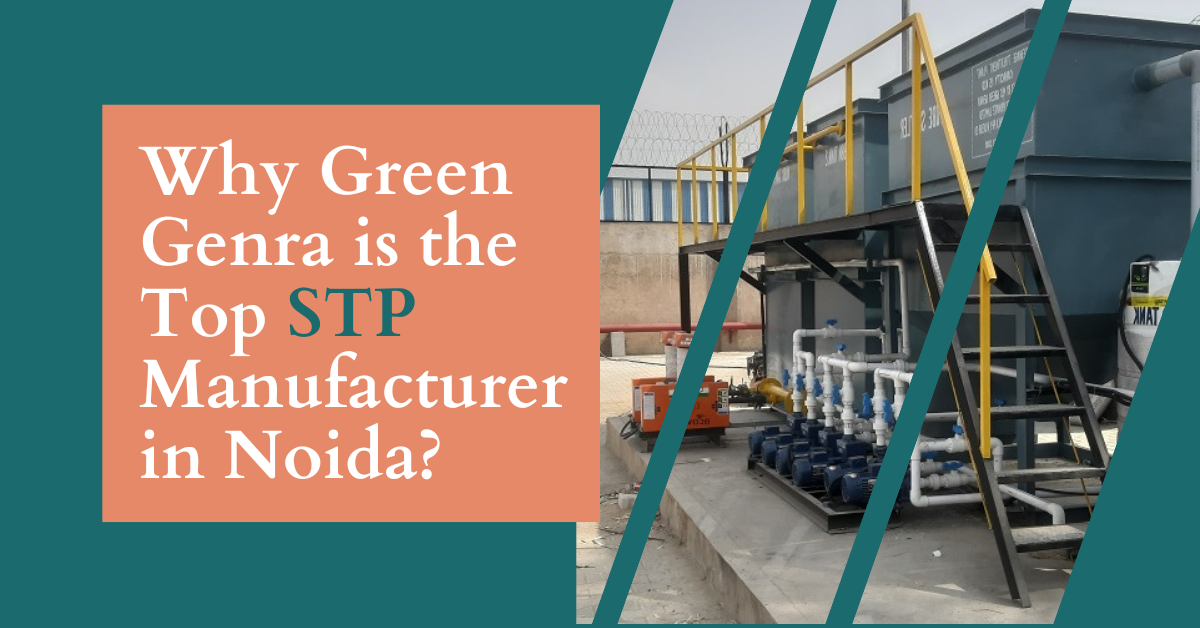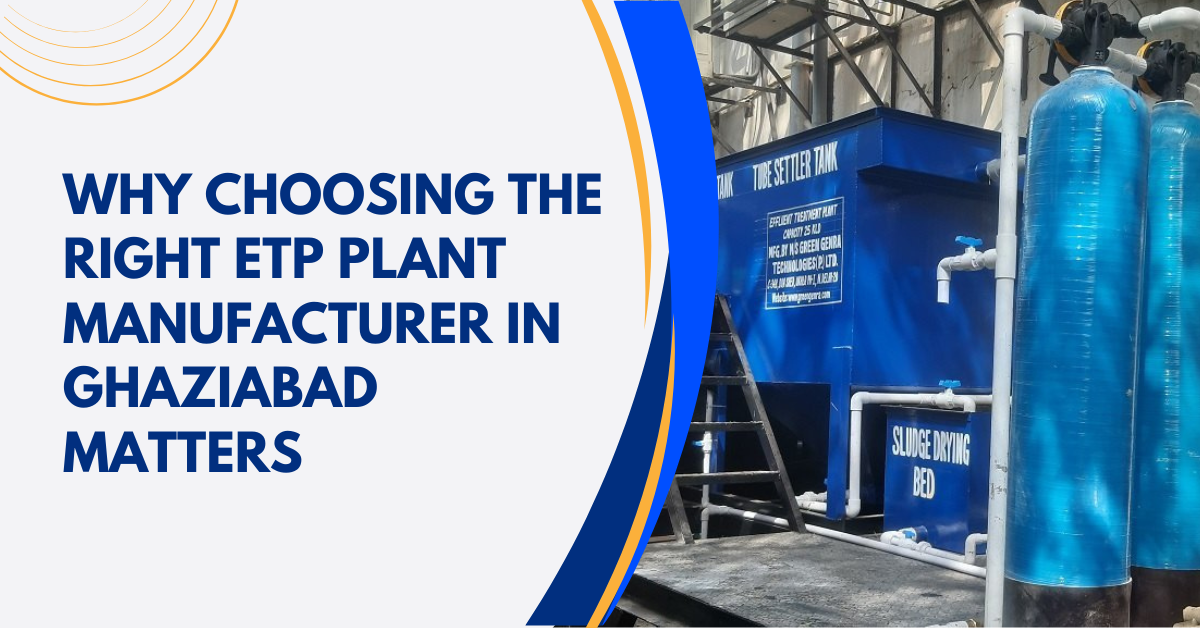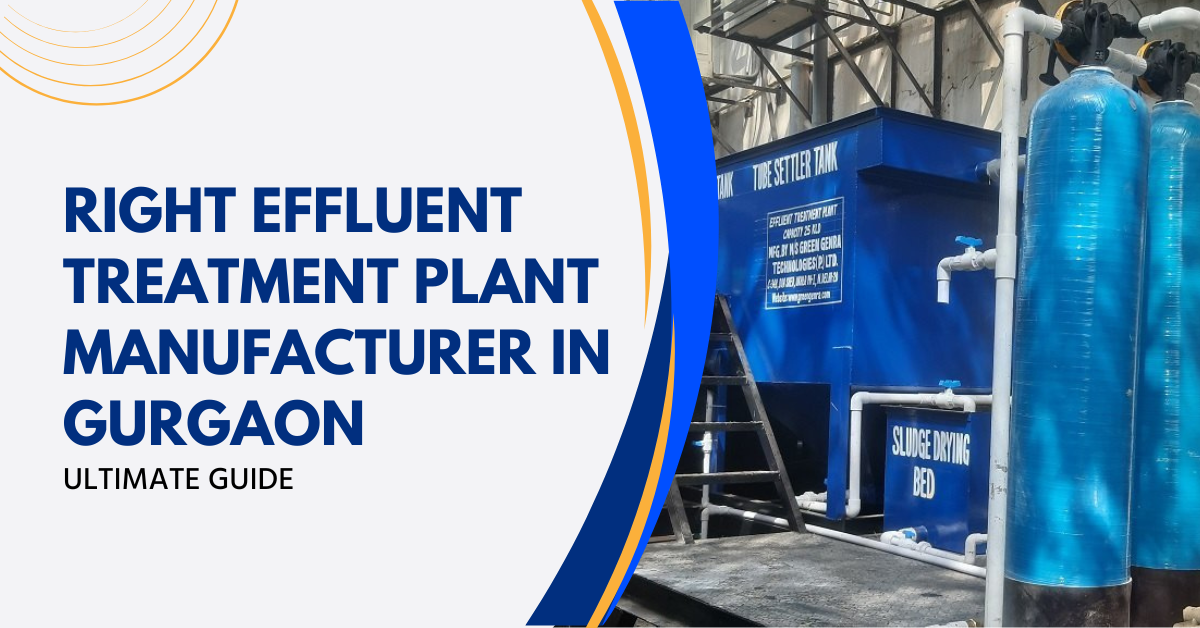Water Expo 2025 in New Delhi 28-30 August 2025 | Pragati Maidan, New Delhi India 20th Everything About Water Expo 2025 ...
What is difference between grease interceptors and grease separator?
Both terms grease separator and grease interceptor have the same meaning which means a device that is managing wastewater in food-related industries, ensuring that grease and oils are responsibly and effectively separated from the water entering sewage systems.
A grease separator is a device that is thoughtfully designed to intercept most greases and solids before they enter the water disposal system. Grease separator separates the various layers of waste within the restaurant’s water and drainage system.
Are you worried about the blockage of your restaurant’s sink? Or are you worried about the FOGs – fats, oils, and greases getting stuck up in the sink? If so, you need to think of investing in a good greater separator or interceptor.
Grease and water do not mix especially when they travel through sewer lines. The waste water of the food industry is filled with grease, oils and fats that flows from the kitchen sinks and travels via pipes to enter the treatment plant.
Installation of grease separators and grease separators are required in many facilities.
How a Grease interceptor and Grease separator Works?
FOG – Fats, oils and grease are slightly less dense than water, they thus float on the top. Whether automatic or manual; grease separator works by separatorping the FOG that rise to the top from the waste water before it enters the drainage system.
When the waste water from restaurants, hotels kitchen enters the grease separator the flow rate is reduced so the waste water is given enough time to cool to separate into three layers. The grease rises at the top inside the interceptor and is separatorped using the system of baffles.
Solids settle at the bottom and the separated clear water escapes to the drainage system. Many best quality grease separators also have strainers for collecting solid debris that minimizes the amount of solids that settle at the bottom of the separator.
Though both grease separator and grease separator perform the same function of separatorping the FOG, they have certain differences that include –
1. Regular cleaning: Due to the small size of grease separators, they need regular cleaning. As grease separators are small, grease builds up faster inside them. They should be cleaned every month by specialists or expert employees. Grease interceptors are larger and thus can hold more grease and need cleaning less often. Normally grease interceptors need to be cleaned once in every 3 months. Businesses having grease separator or grease separators must follow the ¼ rule; means they must be cleaned when filled ¼ of their size.
2. Flow rate: Low volume flow requires a grease separator for grease separator works well with low water pressure. Kitchens with a high volume of flow will need grease interceptor.
3. Location: Grease separators are small and are conveniently installed below the kitchen sink. Grease interceptors are large in size and are installed outside the building or underground normally places away from the restaurant area.
4. Size: Grease separators come in a size of a bread box and grease interceptors have large holding capacity and are of mini fridge size.
5. Cleaning: Grease separators can be cleaned by hand and grease interceptors require the service of specialists.
6. Materials: Grease separators are engineered with materials like steel, plastic, fiber glass or PVC. Grease interceptors are made from cement, PVC or fiber glass.
Are you focused on sustaining a clean and green cooking ambiance, contact an expert grease interceptor manufacturer today!

































Ghaziabad has witnessed an increase in several industries in the past few years. The continuously rising population and a gro...
Effluent Treatment Plant (ETP) from reliable ETP Plant Manufacturers play a key role in reducing industrial pollution by trea...
With the increasing levels of water contamination in Ghaziabad because of growing industries and a growing population, wastew...
Green Genre is one of the best STP manufacturers in Noida that designs, produces and installs sewage treatment plants in vari...
Effluent Treatment Plants or ETPs are important for industries in Ghaziabad to ensure environmental compliance ensuring effec...
An effluent Treatment Plant or ETP is a crucial investment for industries seeking to manage wastewater according to environm...

